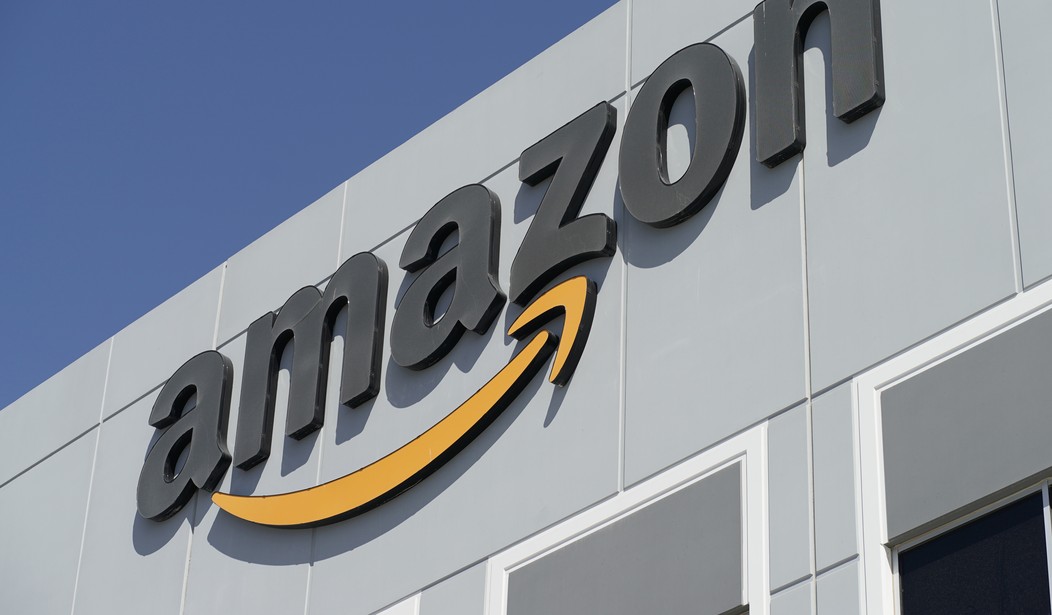Suppose you’re doing a little online shopping and see a nice pair of shoes you want to buy. But when it comes to the payment part of the transaction, you are rejected. Your PayPal account is frozen. Your credit cards may be canceled. And forget to try a crowdfunding site like GoFundMe as an alternative.
You haven’t been hacked, your personal finances have been de-platformed. You have become a non-person in the international financial community because somewhere someone determined that you were spouting “hate speech.”
Perhaps you’re pro-life? That’s an anti-woman point of view and it will not be tolerated. Do you support a traditional view of marriage? Begone from Amazon, hateful one!
Recommended: Secretary of State Blinken Calls China’s New Role in Afghanistan ‘a Positive Thing’
The problem, according to David Sacks, a super successful entrepreneur and venture capitalist, is a “redefinition” of hate.
The reclassification of political opponents as hate groups has been enabled by expansive redefinitions of terms like racism, segregation and white supremacy. When “segregation” can be used in The New York Times to describe a 70% Asian school like Stuyvesant; when the notion of color-blindness is considered racist by influential intellectuals like Ibram X. Kendi; and when “white supremacy” has been used to describe any support for any policy that can result in disparate outcomes, then a broad range of organizations can be lumped in with truly vile ones. Until now, these over-categorizations were largely a case of rhetorical hyperbole in academic debates. Thanks to Big Tech, they are now being operationalized.
The operationalization of de-platforming people because of the exaggerated and overly expansive definitions of what constitutes “hate” will eventually lead to restrictions placed on certain people regarding their online financial presence.
The harm is compounded when the loss of speech rights is followed by restrictions on the ability to participate in online economic activity. Within days of the Trump-Parler cancellations, most of the finance tech stack (Stripe, Square, PayPal, Shopify, GoFundMe, and even enterprise SaaS company Okta, which wasn’t used by anyone in the events of January 6) declared they were canceling the accounts of “individuals and organizations connected to the [Capitol] riot.”
Now PayPal has gone much further, creating the economic equivalent of the No-Fly List with the ADL’s assistance. If history is any guide, other fintech companies will soon follow suit. As we saw in the case of speech restrictions, the political monoculture that prevails among employees of these companies will create pressure for all of them to act as a bloc.
In fact, according to Reason’s Robby Soave, the tools of oppression are already in existence.
Meanwhile, Facebook, Twitter, YouTube, and other sites will be expanding their use of a centralized database that compiles extremist content for the purposes of coordinated de-platforming. At present, the sites collude to take down content that promotes Islamic terrorism—ISIS and the Taliban, for instance—but in the future, it could be deployed against right-wing extremism as well.
The Founders had the right idea. Rather than the government — or anyone — trying to determine what might be acceptable speech and what isn’t, just let it all out there — the good, the bad, the hateful, and the sublime.
But that would require trust in people’s judgment. And for those who believe their judgment superior to everyone else’s, that simply cannot be allowed to happen.










Join the conversation as a VIP Member